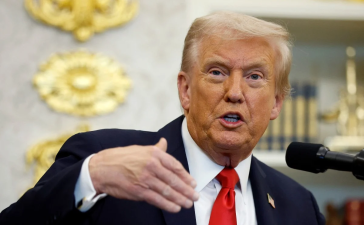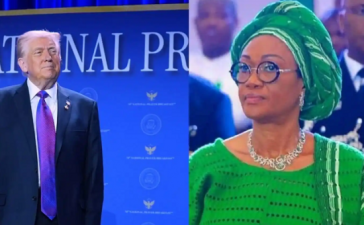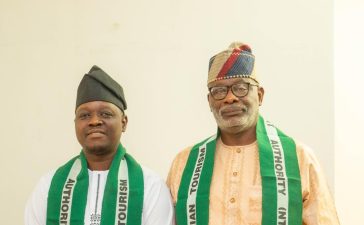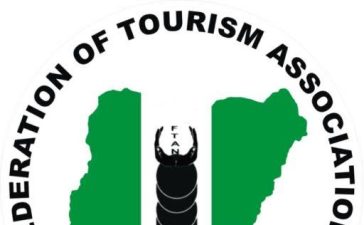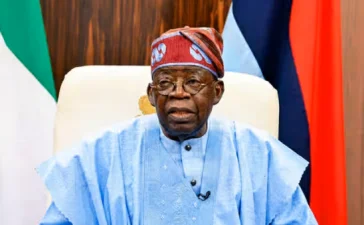By Frank Meke
Nigeria is grappling with a severe deforestation crisis, yet the nation seems unaware of the dire consequences. Since the 1970s, the country has experienced massive biodiversity loss, soil erosion, and the migration of fauna, all of which are being ignored or underestimated.
Illegal logging, poaching, and unregulated deforestation for urban development projects are exacerbating climate change and threatening our future. Despite global calls, such as those from the World Wide Fund for Nature and United Nations Sustainable Development agencies, to preserve at least 25% of forest cover, Nigeria’s efforts remain inconsistent.
While the federal government has made strides by establishing seven National Parks and recently adding ten more to meet international standards, the same commitment is lacking at the state and local levels. This disparity is creating an ecological imbalance that could lead to disaster if not addressed.
One of the most concerning issues is the lack of conservation education and awareness across Nigeria. Flooding has already devastated ten northern states with significant agricultural potential, further compounding the problem of desertification and environmental degradation. Human activities are leaving Nigeria increasingly vulnerable to the destructive forces of nature.
Zoos and nature parks in urban areas could play a crucial role in conservation education, promoting biodiversity, and serving as natural laboratories for families and communities. However, these valuable resources are rapidly disappearing. For example, the Nekede Zoo in Imo State, once the only zoo and nature park in the entire eastern region, has been lost to a housing development project, its natural resources plundered and auctioned.
A similar fate threatens Edo State’s iconic Ogba Zoo and Nature Park, which is under siege from land grabbers and certain elites. Despite Governor Godwin Obaseki’s efforts to restore the state’s rich forest cover, the Ogba Zoo has suffered from encroachments, infrastructure damage, and a lack of governmental support.
During a recent visit to Edo State, I witnessed the deteriorating condition of the Ogba Zoo due to previous invasions and the government’s failure to pay a N36.5 million arbitration judgment awarded to the zoo’s management over six years ago. The zoo’s director was even kidnapped in 2017, with the incident possibly linked to the land disputes surrounding the park.
Despite these challenges, the management of Ogba Zoo remains determined to preserve the park and its resources. They are working to join international conservation organizations like the Pan African Association of Zoos and Botanical Gardens (PAAZAB) and the World Association of Zoos and Aquariums (WAZA). The zoo also plays a leadership role in the National Association of Zoo Practitioners.
As Edo State prepares for elections in September 2024, the future of Ogba Zoo hangs in the balance. Will Governor Obaseki fulfill his promises to support the zoo, or will he continue to delay? The outcome will determine whether this vital nature reserve will survive or succumb to the pressures of development and neglect. In a forthcoming report, we will explore the internal struggles within the Edo State government, the land grabbing issues plaguing the Ogba Zoo, and the obstacles to paying the arbitration award.
The preservation of Nigeria’s natural heritage depends on the actions taken today. Without urgent intervention, the country risks losing its precious biodiversity and the benefits it provides for future generations.



